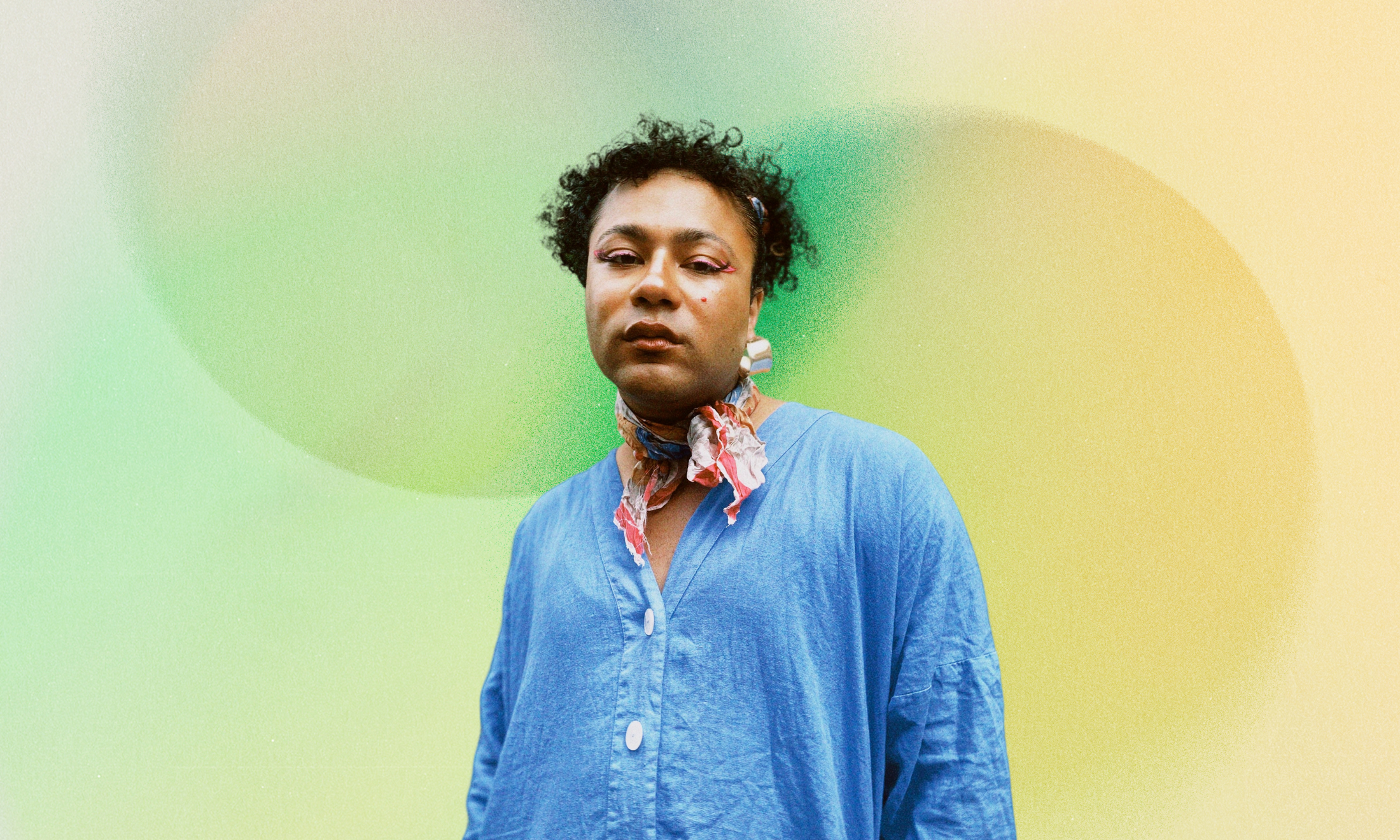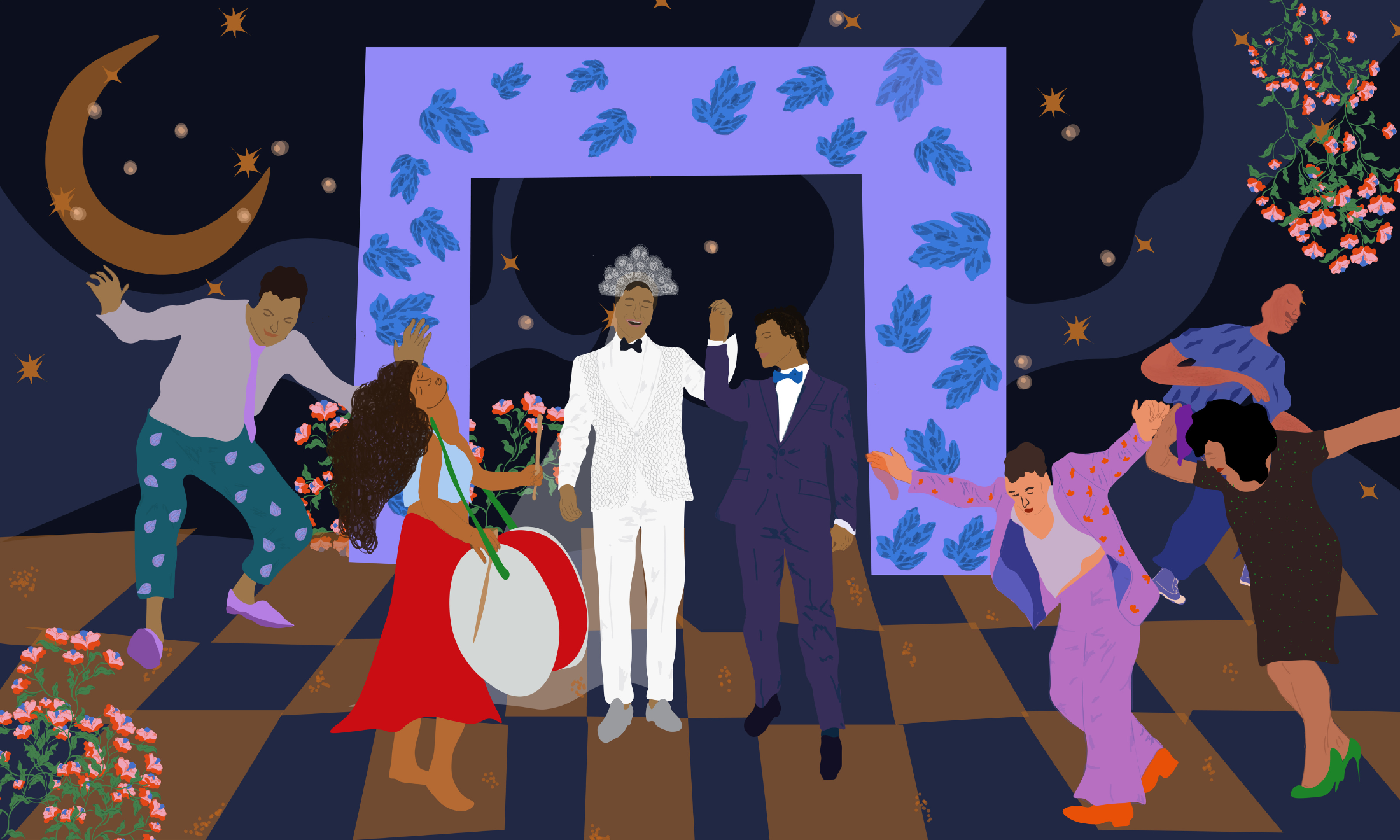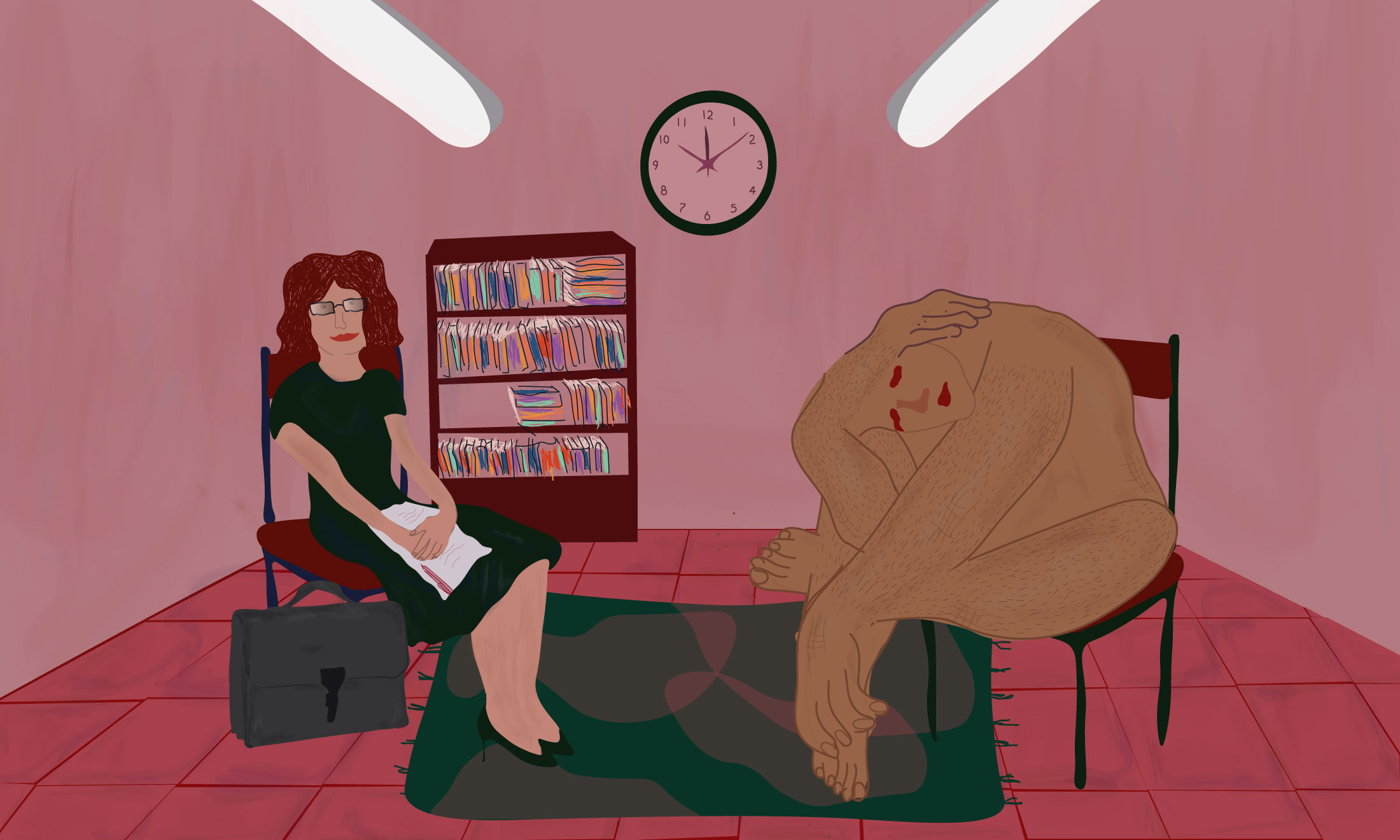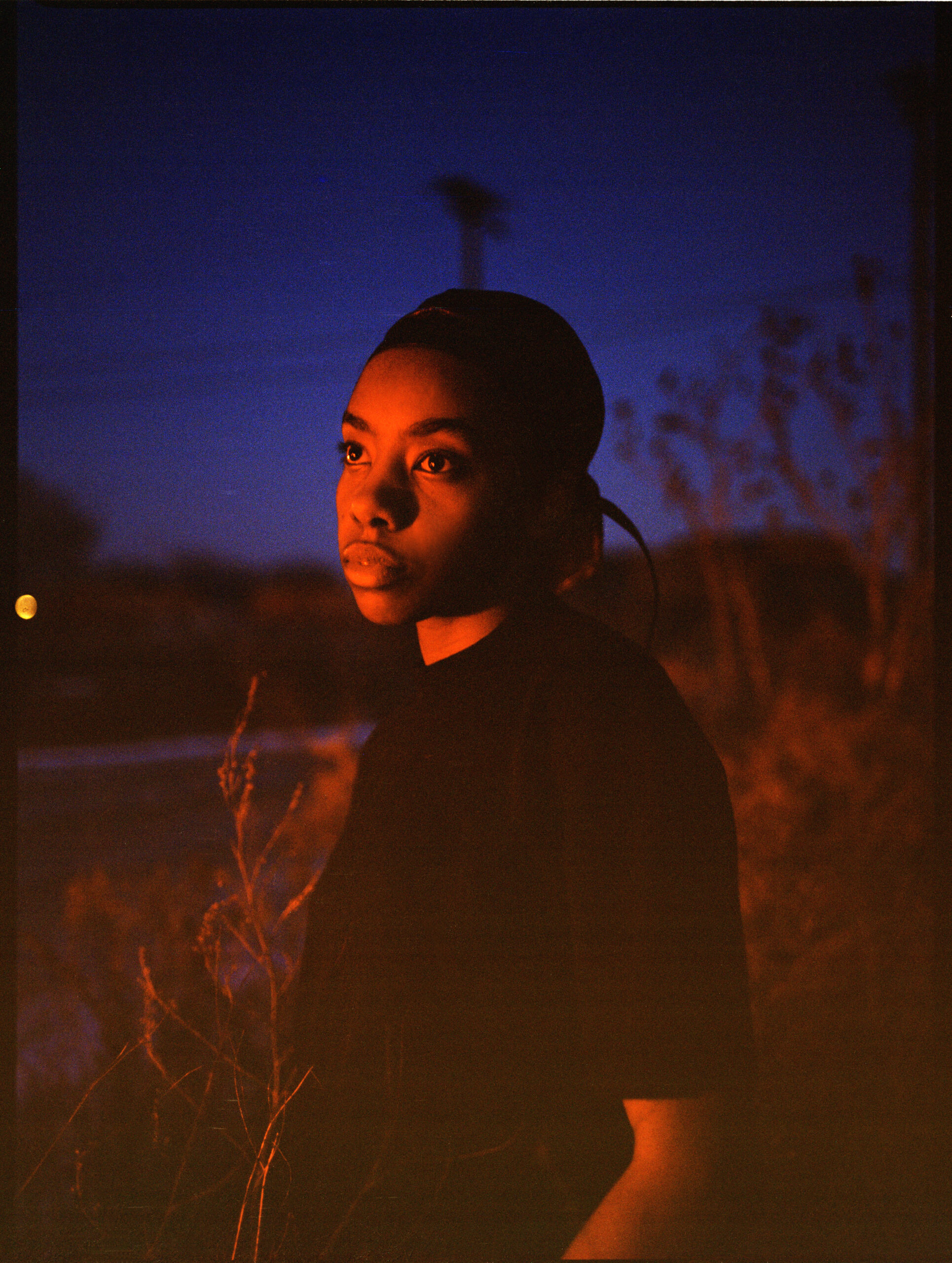
Flickr
Chimamanda Ngozi Adichie’s viral essay shows why context will forever be key
On the face of it, the Nigerian author's polemic seemed one calling for the return of good faith. But context reveals a much darker message.
Oluwatayo Adewole
22 Jun 2021
Last week a lengthy essay appeared on the website of lauded Nigerian author Chimamanda Ngozi Adichie. Titled: “IT IS OBSCENE: A TRUE REFLECTION IN THREE PARTS”, it outlined the author’s personal experiences with two people she felt had wronged her via their public critique of comments Adichie had previously made regarding trans women. The text also seemingly addressed a sometimes pernicious callout culture that pops up in digital spaces, where aesthetic matters more than material action. “What matters is not goodness but the appearance of goodness,” the essay concluded.
Initially, responses were positive. Ardent progressives reposted sections of the essay, praising Adichie’s eloquence and prose. It isn’t hard to see why it was so popular – the author appeared to be tapping into a vein of discourse that critiques performative progressiveness, a topic also tackled by writers like Emma Dabiri and Adrienne Maree Brown. In the essay, she affirms repeatedly that she is supportive of trans people, refuting the critique made of her and stating that it was a mischaracterisation. Yet there seems to be a gap between her words and her actions.
What a lot of people missed was the actual context in which Adichie was writing this essay. This wasn’t just a treatise on the state of modern culture. Instead, she used her platform for a personal vendetta, while obscuring the circumstances in which she was critiqued in the first place.
Thinking beyond just the words on the page, a more sinister subtext of the piece becomes clearer, given how it targets LGBTQI Nigerians for daring to criticise her. She consistently fails to offer those she is writing about the same ‘good faith’ she demands of them. There is an anger on display, that former students could have dared to criticise her at all, criticism that she dismisses as baseless. She attributes the hurt and fallout from her previous comments as ‘language orthodoxy’ from an overly-demanding left and digs no deeper into examining her own actions for any patterns of prejudice that might emerge.
This position is on display when Adichie takes shots at “people who demand that you denounce your friends” in order to “remain a member of the chosen puritan class”. There’s truth here; often interactions in online spheres can be more obsessed with finding guilt by association than actually dealing with real harm.
Yet, consider the context: Adichie isn’t referring to some nameless friend who might have raised an eyebrow or two in the past. The passage appears to allude to her friendship with JK Rowling and the critique she received after her defence of a deeply transphobic piece Rowling wrote. For someone in Adichie’s position – a self-proclaimed supporter of LGBTQI rights – to reject the idea that she should be held accountable for defending a transphobic piece, must be understood in a specifically Nigerian context, where trans people are under threat of erasure or attack for participating in public life. There is a dissonance between Adichie’s words and her actions that she seems unwilling to address. Instead, the blame is shunted on those who dare to challenge her – and they are portrayed as aggressive, even violent.
In the essay, Adichie accuses one of her former students of encouraging Twitter followers to “pick up machetes and attack me”. Adichie’s fans quickly deduced who she seemed to be talking about: non-binary author Akwaeke Emezi, who publicly aired their disappointment surrounding Adichie’s statements around trans people. But because Emezi’s comments at the time are public, it’s easy to see that Adichie has wildly distorted what they actually said to position herself as a victim.
“Deliberately refusing to engage with the social and material power differentials present is a common feature of transphobic rhetoric”
In fact, Emezi wrote: “I trust that there are other people who will pick up machetes to protect us from the harm transphobes like Adichie & Rowling seek to perpetuate. I, however, will be in my garden with butterflies, trying to figure out how to befriend the neighborhood crows. Find me on the gram”. In her essay Adichie takes this metaphorical attack – which Emezi explicitly said they would not be participating in – and frames it as a call to real, violent action. The accusation of inciting violence is not a casual one. The implication for Emezi – already vulnerable as a publicly trans Nigerian author – is dangerous.
The distortion here is not only one of facts, but also one of social power. Throughout her essay, Adichie talks about the “prevailing ideological orthodoxy” as if the belief in liberation (or even just basic rights) for trans people is hegemonic, when in the Nigeria which she writes from, queer people are constantly under attack. She is well-off, world renowned and her bag has never been interrupted by her persistent friendship with Rowling or her staying largely silent while queer and trans Nigerians are brutalised on a state and individual level. The issue is less that she is explicitly against queer people (which she is not) but that as one of the pre-eminent forces in Nigerian feminism, Adichie almost never uses her substantial influence to materially improve the situation of queer Nigerians.
Deliberately refusing to engage with the social and material power differentials present is a common feature of transphobic rhetoric. It’s also why so many right-wing pundits like Ben Shapiro or transphobic organisations, like the LGB Alliance, identified with this essay, penned by a supposedly ‘intersectional’ feminist. Trans people are a miniscule percentage of the population, disproportionately economically weak and constantly subject to violence, and yet according to transphobes, institutions bend over backwards for the (non-existent) trans lobby. Trans women are repeatedly presented by transphobes as violent threats, and Adichie’s essay seems to do the same.
Adichie’s obfuscation of the reality of these dynamics allows her to be framed as the victim. It’s also how she can say that she “fully support(s) the rights of trans people and all marginalized people” while doubling down on her comments from 2017 where she refused to say trans women are women. Now this doesn’t mean Adichie is an outright TERF, but if her response to trans people criticising her is this belligerent, the outcome is still one of undue harm.
This pattern of repeatedly dismissing and demonising the criticisms of trans people adds up to an insidious form of transphobia, particularly dangerous from someone in her position. As a leading Nigerian feminist, these dismissals can very easily create a parallel situation to the current landscape in the UK, where feminism is used as a cover by a vocal minority to exclude trans people from public life and justify attacks on LGBTQI organisations. After all, while the ideas of gender which created transphobic rhetoric are largely rooted in ‘political whiteness’, cis people of colour, still can and do weaponise them against trans people.
Chimamanda Ngozi Adichie’s 2009 TED Talk centred on the danger of telling a “single story”. A decade later she has shown exactly what those dangers are. When we view things without perspective and context, it’s easy to miss the insidious ideas contained within. A singular distorted story allows the powerful to avoid accountability, while the marginalised continue to suffer unheard.

From #SayHerName to ‘woke’, is the language of Black liberation being looted?

Tragedies like the Knowsley riot and Brianna Ghey’s murder show scapegoating minorities is a deadly game

Finland has passed life-changing laws for trans people. Why can’t England?






